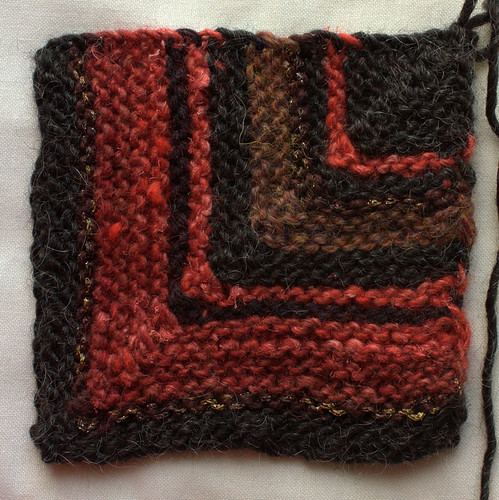
When I was a university student my friend, Peter Satterly, treated me to a dress rehearsal performance of Tosca with the Canadian opera company. Now with the benefit of hindsight, I know this work to be a treasure of the repertoire; powerful and timeless plot, strong characters, memorable melodies, and Giacomo Puccini's lush orchestration make Tosca one everyone should consider seeing. I was a newbie in the 1980s. Tosca won my heart, and I have grown as an opera buff ever since.
The character of Floria Tosca is appealing, very human with strengths and flaws. She is a stage singer, devoted, jealous, fierce, effervescent and kind. She does not realize (at first) her boyfriend, Mario, is a revolutionary. He runs afoul of the merciless and lascivious chief of police, Scarpia, who draws the two lovers into dreadful trouble. Yes, this is a tragedy, grand opera style, but not just about the tragedy of love; it's the challenge we all face as human beings to make difficult choices, to be actors and not just passive observers in life.
One of the musical climaxes is Tosca's second-act aria, Visi d'arte, in which she prays—not the common operatic pining of infatuation and lust, but longing for innocence, freedom and a simple life.
I lived for art, I lived for love.
I never did harm to a living soul!
With a secret hand
I relieved as many misfortunes as I knew of....
In the hour of grief
Why, why, Lord
Ah, why do you reward me thus?
A pretty actress who never thought of being a real heroine, she finds herself caught in the battle between good and evil, called to enact terrible justice. She proves herself to be a woman of action, regardless of consequences. Myself, as an artist far more interested in creativity than politics, I can relate to her dilemma.
Last week I saw this opera performed for the second time, live in high definition from the Metropolitan Opera, with Danny. It was his first time, and it pleased me to see him as captivated as I was by the music and characters. I will never forget the powerful performance by Finnish soprano, Karita Mattila.
This knitted square refers to the exquisite red coat she wore, and the character's beauty, commemmorated in Rufus Wainwright's song, "Damned Ladies":
Desdemona, do not go to sleep.
Brown-eyed Tosca, don't believe the creep.
This new production by Luc Bondy of a popular work has drawn harsh criticism and public disapproval, which I don't understand. The sets are stark, dark and realistic, true to the potent spirit of the tale, as meaningful as ever today, when political power has been widely abused and the rights of many—to live and love free of oppression—are curtailed.

